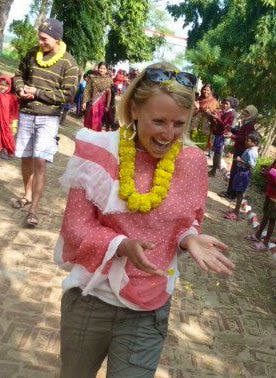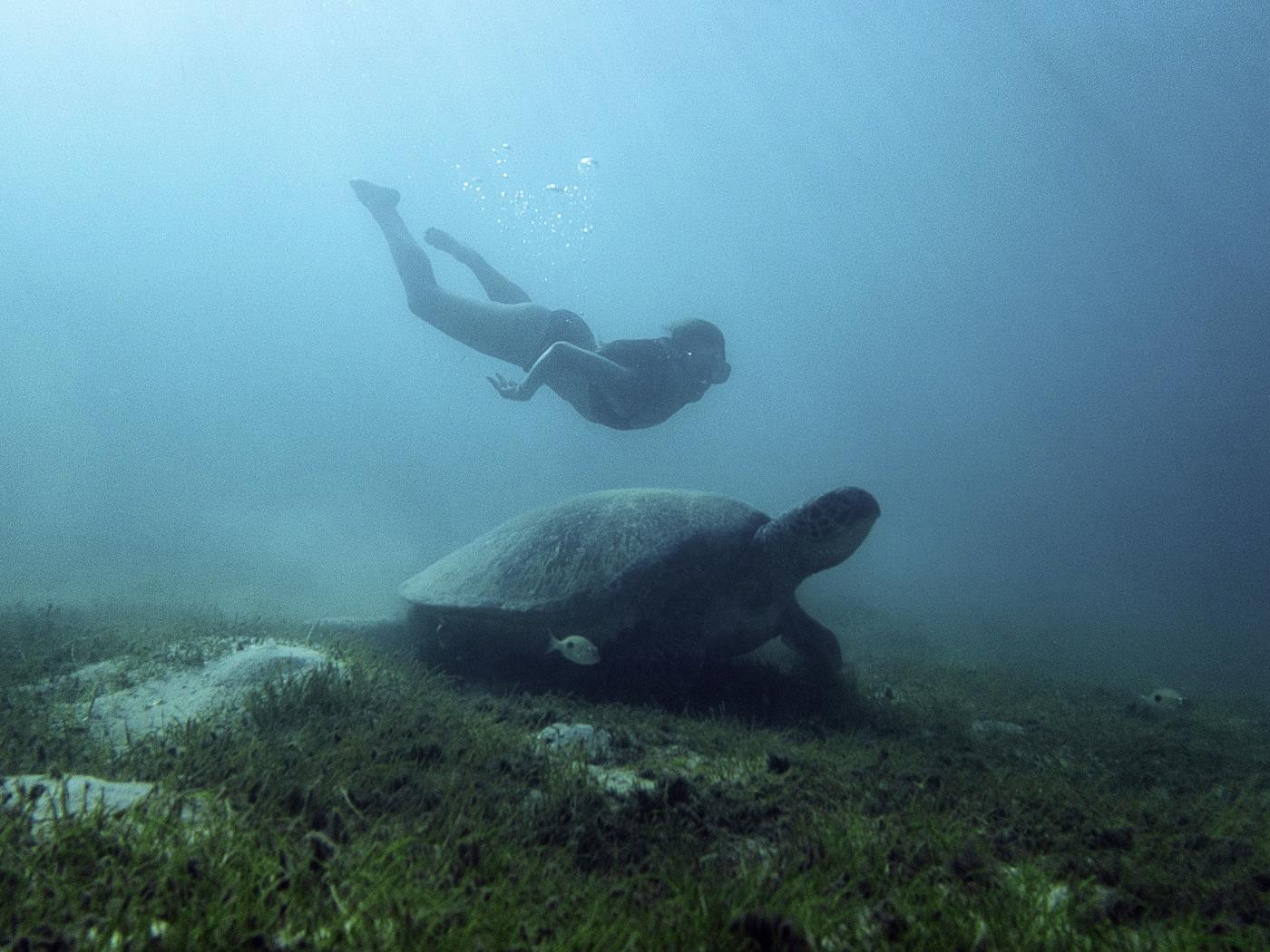Turtle Conservation and Research





Destaques
- Engage with the local people and provide education on protecting their environment
- Perform seagrass surveys during low spring tides
- Assist with beach clean ups and turtle watches
- Help create a new research database in a relatively unstudied area
- Gain animal handling experience (nesting season only)
Especialmente adequado para
Sobre o programa
From November to March, during the nesting season, you'll help identify and monitor key nesting sites, behaviour, and population changes.
The turtle conservation program involves seasonal monitoring of sea turtles nesting on the northern beaches of Madagascar. From November to March, during the nesting season, you’ll help identify and monitor key nesting sites, behaviour, and population changes. From April to October, the ...
Dia típico
Each program generally includes morning and afternoon activities. After dinner, we hold a briefing to discuss the activities for the following day.
NOTE: The schedule may vary widely depending on the project, tides, and other factors for that day.
Sample Schedule:
- 06:00-08:00: Breakfast at the camp ...
Actividades em tempo livre
Volunteers have weekends off and can explore various areas of Nosy Komba and the nearby islands during their free time. While volunteers must organize these trips independently, contact information from past volunteers is available at the camp, providing guidance on how to arrange excursions and ...
Requisitos
Serviços incluídos
O que NÃO está incluído?
Detalhes à chegada
Program starts every 1st & 3rd Monday of each month. Arrivals on Sat/ Sun. If arriving on Sat, an extra night is charged.
Preços do programa
Conheça seu anfitrião

Involvement Volunteers IVI
Non-profit - fundada em 1989
Verificado por Volunteer World
Hospedado por

Lauren
Sobre o projecto
204 revisões ·  4.7
4.7
Localização

Pode também estar interessado em
-
Conservação da Tartaruga Marinha
Maiores de 50
Grupo
Casais
Projectos no estrangeiro
Viagens Solidárias














